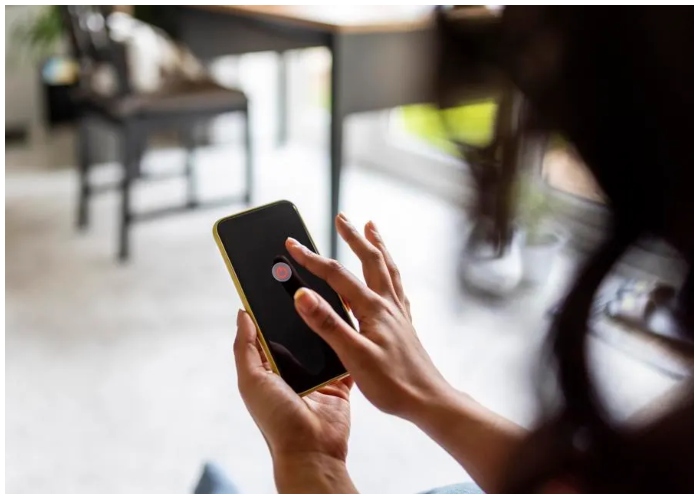In our always-connected world, the average person checks their phone over 100 times a day—and that number keeps climbing. But in 2025, more people are hitting pause. From busy professionals to teens and retirees, there’s a rising trend of setting aside dedicated time to unplug from screens. It’s not about abandoning technology completely; it’s about regaining control, improving wellness, and reconnecting with the real world.
This lifestyle shift—called “Digital Detox Days”—has moved from a niche self-care practice to a mainstream habit. And for many, it’s proving to be the key to better mental health, sleep, focus, and even relationships.
The Screen Overload Problem
Between work emails, social media scrolling, online shopping, and binge-watching shows, many people now spend more hours staring at screens than sleeping. While technology has made life more convenient, it has also taken a toll. Excessive screen time is linked to anxiety, eye strain, disrupted sleep patterns, and even reduced attention spans.
For those working remotely or living with constant digital access, it’s hard to know when the workday ends. Notifications buzz late into the night. Group chats keep conversations going 24/7. The line between work and rest is blurred.
This growing burnout has led many to recognize that their relationship with tech needs a reset.
What Is a Digital Detox Day?
A Digital Detox Day is a scheduled period of time—anywhere from a few hours to a full day or weekend—when someone intentionally avoids digital devices. That means no phones, no tablets, no laptops, and no smart TVs. Instead, people fill their time with offline activities like reading, walking, journaling, cooking, or spending time with loved ones.
Unlike vacations or breaks that still involve tech use, detox days are about full disconnection. Some people schedule them once a week, others do one weekend a month, and a few even participate in community-wide detox challenges.
In 2025, businesses, schools, and wellness centers are even encouraging the practice, offering offline retreats and “phone-free zones” for those seeking a break from digital life.

The Wellness Benefits of Unplugging
Taking a break from screens may sound simple, but the impact can be profound. Here are some of the most common benefits reported by those who commit to regular digital detoxes:
- Improved Sleep: Without the blue light from screens interfering with melatonin production, people often find they fall asleep faster and stay asleep longer.
- Sharper Focus: Time away from constant notifications can improve attention span and make it easier to concentrate on tasks.
- Better Mood: Social media overload and doomscrolling can worsen anxiety and comparison. Detoxing gives the brain a break and reduces negative emotional triggers.
- Healthier Relationships: In-person connections deepen when people put their phones down. Families report better communication and more meaningful time together during detox days.
- Increased Creativity: Disconnecting allows the mind to wander in a productive way—helping people think more creatively, solve problems, and come up with new ideas.
How People Are Making Detox Days Work
One of the biggest challenges of a digital detox is simply starting. But in 2025, there are now more tools and resources available to help people ease into the habit. Here are some of the ways people are making it work:
- Setting Clear Boundaries: Some choose a regular day of the week (like Sunday) as their no-screen day. Others set timers or use apps to block access to distracting apps for a set number of hours.
- Planning Ahead: Detoxers often plan offline activities like hikes, art sessions, or family dinners to fill their tech-free time with purpose and joy.
- Using Physical Alarms and Maps: To avoid relying on phones, people are going back to basics—using alarm clocks, printed maps, and analog journals.
- Joining a Challenge: Social detox movements like “Unplugged Fridays” or “No-Screen Saturdays” are gaining popularity. These group efforts provide community support and accountability.
A Movement, Not Just a Trend
Digital detoxing isn’t just a wellness trend—it’s becoming a movement. More people are realizing that managing screen time is just as important as managing sleep, diet, or exercise. In fact, several 2025 wellness apps are now focused not on keeping users engaged, but on helping them log off.
Mental health professionals are also advocating for regular detox days as a simple but effective form of self-care. And even tech companies are joining in by offering digital well-being tools and low-distraction device settings.
Digital Detox Days are about reclaiming balance by being fully present offline, leading to clarity, rest, connection, and peace. Consider setting aside your phone for a few hours weekly or a weekend monthly..